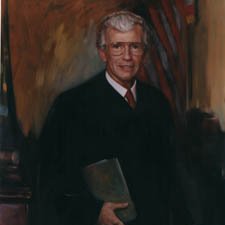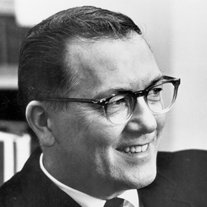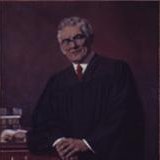And we’ll show you two ways to help. Together, we can be a voice for change and protect Michigan’s land, air, water, public health, and democracy.
This case established that government units do not automatically own the rights to oil and gas beneath their streets, but that it depends on how the streets were originally deeded. In the Plat Act, the government unit was only granted an easement for public use of the road bed, and not the minerals, oil or gas underneath. This ruling has implications beyond oil and gas, including public lake access at public road ends.
Shell Oil Company discovered oil or gas under public streets in the Village and County of Kalkaska. The village and county tried to get a court to declare that they owned the rights to any minerals found under their streets, so that they could sell these rights for a profit. The Michigan Supreme Court held that the village and county did not have property rights in the gas or oil under their public streets. The Court looked at the Plat Acts, which conveyed the land to the village and county from the state, and decided that the Acts only gave the village and county the right to use the land in certain ways to benefit the public, and did not give the village and county property rights in minerals lying below the land.
In 1876, 1888, and 1918, Kalkaska Village and County designated certain properties for public use as streets and alleys. Decades later, Shell Oil Company discovered oil or gas under the public streets of the Village of Kalkaska. The village wanted to lease out the mineral rights to Shell Oil Company and profit from Shell extracting the oil or gas. The village sued Shell to have a court determine who had rights to the oil and gas under the streets.
Does the Village or County of Kalkaska have a property interest in the oil or gas beneath its public streets such that it can sell the right to extract the oil or gas?
The Court (Justice Levin, joined by Justices Brickley, Cavanagh, Griffin, and Archer) held that the Village and County of Kalkaska did not have a property interest in the oil and gas beneath the public streets, and that the village and county could therefore not sell the oil and gas. The Court based its decision on the language of the “Plat Acts,” which conveyed the land to the village from the state. The Plat Acts indicate that the land was conveyed solely for designated public uses and purposes, such as street construction and municipal services. Thus, the village and county did not have an ownership interest in the oil and gas, and therefore could not sell the right to extract oil or gas from below the public streets.
Chief Justice Riley, joined by Justice Boyle, concurred with the result because she was also persuaded that the Plat Acts could not reasonably be interpreted to have transferred the rights to oil and gas beneath the streets.





